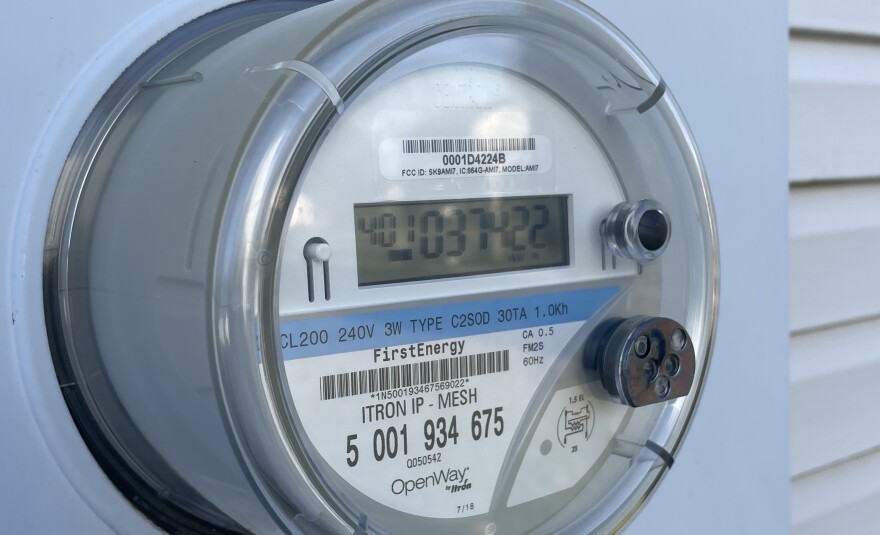BETHLEHEM, Pa. — Met-Ed customers across the region will see their energy bills climb almost 2% next year, a lower rate hike than what the electric utility first sought.
The Pennsylvania Public Utility Commission announced Thursday that it reached a settlement with FirstEnergy, which owns the electric companies Met-Ed, Penelec, Penn Power and West Penn Power.
Under the proposed deal, FirstEnergy will collect an additional $225 million through rate hikes in the new year.
In its initial proposal, FirstEnergy sought a $503 million increase to reduce outages, move more of its infrastructure underground and enhance its audits in order to better respond to customer complaints, according to a PUC news release. Under the first plan, Med-Ed customers in the region would have seen their rates climb 9.2%, or more than $17 a month for residential customers using 1,000 kilowatts a month.
The rates would have been even higher for the other electric companies. The PUC launched an investigation of the proposed hikes in April.
Under the approved settlement, those Met-Ed customers will instead see their rates increase 1.9%, according to the release. That would amount to a $3.57 increase for residential customers averaging 1,000 kilowatts of electricity each month.
A final vote on the rate hikes will take place Jan. 1. But customers may not see immediately see the full extent of the hike.
As part of the settlement, FirstEnergy agreed to reimburse its customers a total of $13.6 million-plus for improperly allocating lobbying expenses. The money will be provided as a credit on a future bill.
If approved, FirstEnergy would be locked into those rates for the next two years barring a fundamental change in federal tax or regulatory policies.


